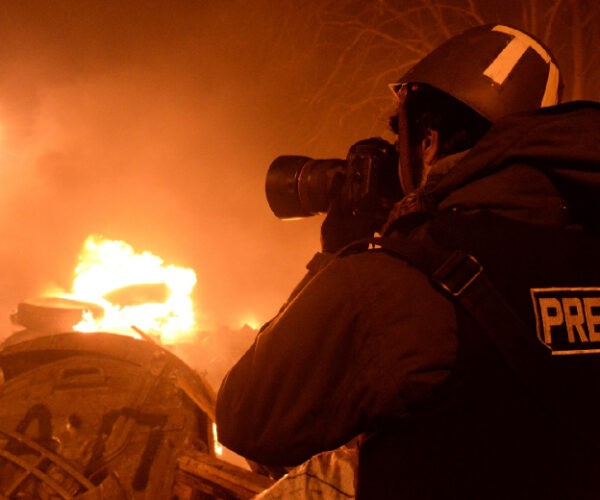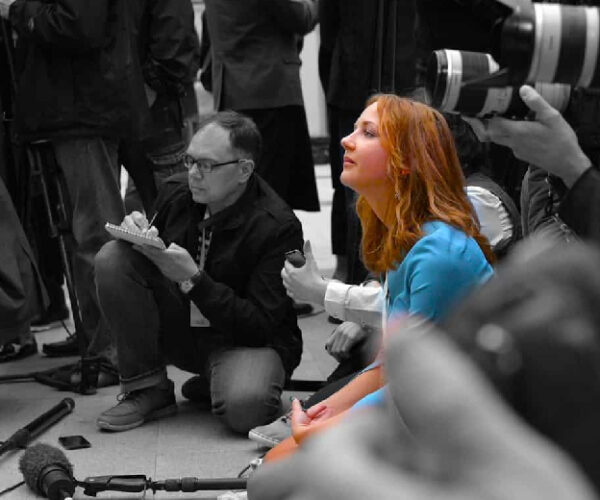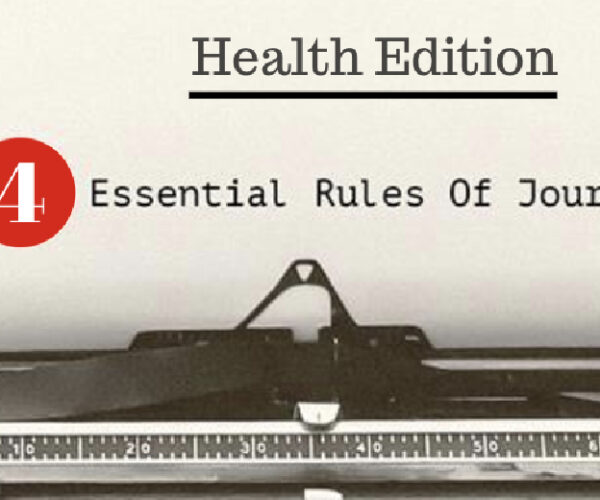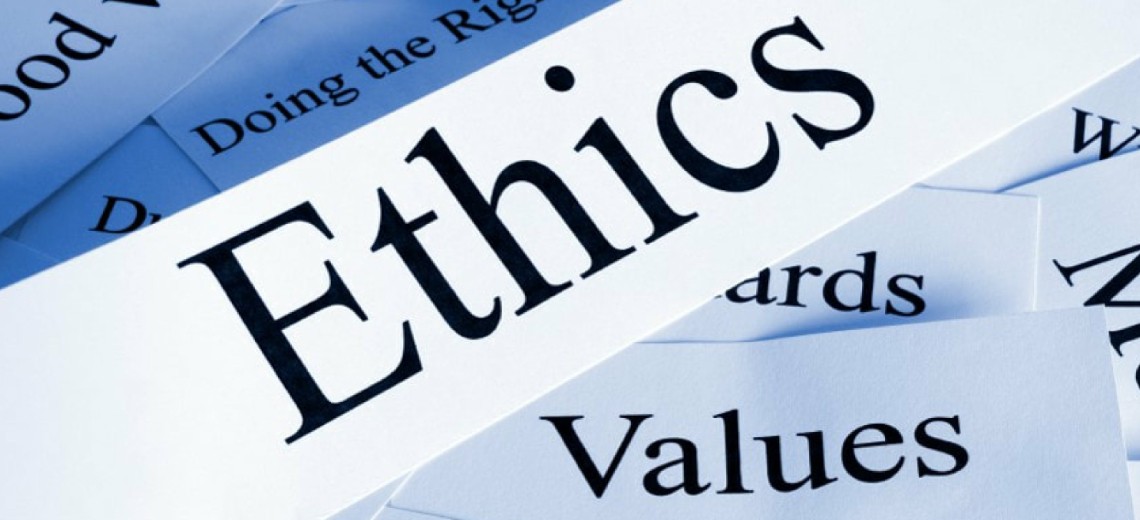Ethics in terms of brief description states as the analysis and logic thinking behind the morals and actions of the human.
While Moral is the principal value that a person chooses to make, Ethics states the principles behind them. Journalism ethics has many features which include the instructional, legal and professional.
The work that revolves around Journalism is very much controlled by International and National laws. Journalism ethics is stronger in free democracies than when compared to the local law. It gives them the freedom to practice but it does not necessarily mean good to practice freely. Therefore, the laws by the national, international and domestic laws are not only a few things that hinder the work of journalism, but also the other laws and practices circling journalism.
Find Out More About : Ethics Concern To Online Journalism
Journalism Ethics
Defining Ethics in the basic division, it can be classified into two kinds. They are as follows.
- Consequentialist Ethics
- Duty-based Ethics
When these ethics are defined in Journalism Ethics, it can be stated as the Consequentialist Ethics focus on the good of the society whereas, in the Duty-based Ethics, its focus and stresses on the truth and its importance. A journalist that follows the duty-based ethics focuses on a story that is right in its fact.
On the other hand, a journalist who thinks and focuses on the aftereffect of a story and gives more importance to it, then he follows the consequentialist ethics. For example, will this article offend any particular group of society? What will the impact be? Will it cause any good or bad, even if that means the story is right?
The journalism ethical code is the same as that of the Science ethical code. Just like in Science, journalism must also give importance to critical, objective, progressive and autonomous.

Journalism and its Foundation
If one takes a closer look at the foundation of the ethics of journalism, then one can clearly agree it is based on the international declarations and agreements. For example, the UN – Universal Declaration of Human Rights and Regulations of the International Laws. UNESCO also regarded Journalism Ethics as the basic principles that are based on democracy, international laws, and independence.
Ethics can be handled easily with the aid of freedoms and duties. Journalists make use of the most important freedom which is the Freedom of Speech. This is also defined in the legislation.
Who is a Journalist responsible for?
Journalists are not free and they are held for the responsibility of the following parties.
- The general public, which is the society
- Supporters, customers, and subscribers
- The corporation and its employer
- The professional community and the colleagues
- Finally, they must be responsible for themselves, their belief and conscience.
It is believed that the journalist takes up the responsibility of society. He acts as the eyes and ear for them and works to keep them informed. They play the primary responsibility for their audience which is the public.






